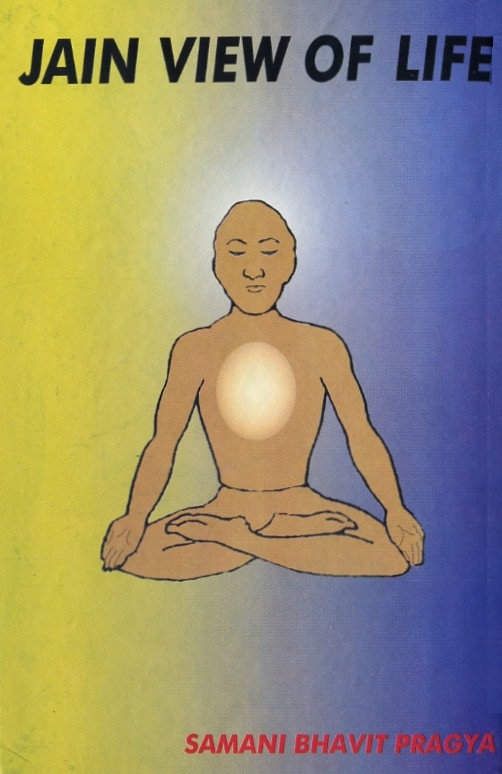Lightness
Lightness means to fully free the soul from greed. It is to rid the soul of malice, sinful and vindictive actions. It is also to free the soul from attachment on wealth and possession. Lightness means renunciation of desires, which leads a soul having a sense of contentment. Anger, pride, deceit, greed etc. are forms of unlimited desires. When the mode of passion is increased, one develops the hankering for material enjoyment for a sense of gratification. In a state of passion, a man acts in wrong way to satisfy his needs. He wants to have large amount of wealth by dealing in the black market. He needlessly accumulates land, buildings, and precious metals like gold and silver, and other household articles. Being bound by hundreds and thousands of desires by lust and he secures money by illegal means for a sense of gratification.
An extrovert is bound by external ties. It is true that once a person gets attached to the external world, he loses sight of the existence within. This is the products of the development of uncontrolled desires. As long as one hankers after these things, he has to work very hard of course. The whole material world is more or less in the mode of passion. Modern civilization is considered to be advanced in the standards of this mode, the advanced condition is considered to be in the mode of goodness. But, there is no peace of mind even in the mode of goodness.
Jainism emphasizes that every man must put a limit to the desire of acquisition of property and devotes his time to public welfare. Professional people such as lawyers, doctors, merchants and engineers, must retire when they reach the limits set for them, and give room for others to earn. Lord Mahavira said that greed goes on increasing as we continue to gain things. Limitation of possession promotes the growth of equitable social order, by voluntarily limiting one's own possession. It also avoids unnecessary hoarding, which has become a menace in the present capitalistic age. If ethical code is followed, the heavy work of a state is facilitated and "crores" of rupees can be saved for other welfare activities. Jainism asks us to subdue passions and especially emphasizes controlling desires. Limitation of desire leads one to happiness, lightness and pleasures.
Lord Mahavira said, "Anand Shravak", impose a strict control on desires. Circumscribe desire to your bare necessities. Refrain from needlessly accumulating possessions such as land, buildings, cars, precious metals, and household articles etc. Monks and nuns give up all types of the sense of desire, which arise from invention of the self. When the mind finds satisfaction in the self, they become pure and lighter within. Monks and nuns are introspective. They are always unaffected by material happiness or distress. They spend their time for self-realisation activities, undisturbed by material reactions. They feel transcendental pleasure in the spiritual flight.
Lord Mahavira discarded his clothes and all other material possessions. He experienced freedom and truth within himself, and became an absolute introvert. He became absorbed in the existence within, and became free from the worries of the external world. This meant that he was released from the anxieties of body, life and death. He began to lead a contented and carefree life. External purity, internal purity, continence of the body, thought and mind, are the path for lightness.
Lord Mahavira scaled the heights of extreme lightness. On the other hand, one who has achieved heights of enjoyment from the materialistic world has made the soul heavy. In reality, by strenuous self-endeavour, one can sink or swim, make the soul light or heavy, make people one's friends or foes. It is he who has thus overcome desires and mastered the art of conforming himself to the self, that will be able to look with a equal eye upon friend or foe, happiness or misery, respect or disrespect, a pile of earth or gold. In true sense, one may not violently mortify oneself. He should moderate the necessities of food, drink, rest and sleep. Lightness makes a person free from the extremes and ushers the path towards liberation.
Gautam asked, "Lord, is lightness auspicious?" The Lord answered, "Gautam! Lightness is auspicious. It is the path of liberation. Religion dwells in the heart of lightness".
 Samani Bhavit Pragya
Samani Bhavit Pragya
